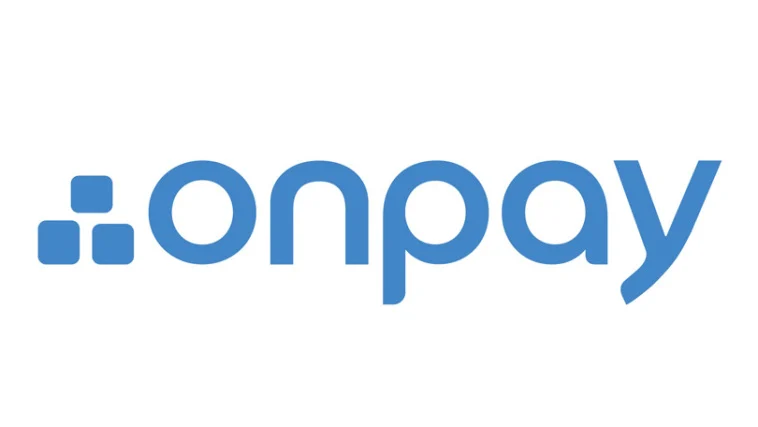General
-

ICON Cuts 25 Percent of Workforce in Strategic Workforce Realignment
ICON Technologies Inc., known for its 3D-printed homebuilding technology, is reducing its workforce by 25%. The Austin-based company confirmed the layoff of 114 employees in a statement following a WARN notice filed with the Texas…
-

California Mayor Sues Flock Safety Over Wrongful Termination Allegations
Flock Safety, a prominent surveillance startup known for its license plate recognition technology, is under scrutiny after hiring a sitting California mayor and subsequently being sued by him. Mayor Ulises Cabrera of Moreno Valley, a…
-

OnPay Secures $100 Million to Expand HR and Payroll Software
Jesse Burgess, the founder of OnPay, drew inspiration for the startup from his family’s payroll business. Back in 2007, while working in the family firm, he identified inefficiencies caused by repetitive tasks that slowed down…
-

Google Funds Rooms With $1 Million After One Million Spaces Created
Google has invested $1 million in Rooms, a 3D design app developed by ex-Google employees, after users built more than one million virtual spaces on the platform. The app, launched in beta in 2023, enables…
-

FTC Fines AI Startup AccessiBe $1M for Misleading Customers
The U.S. Federal Trade Commission (FTC) has ordered accessiBe, a New York-based startup that markets AI-driven website accessibility tools, to pay $1 million for misleading advertising practices. The penalty, outlined in a proposed order, follows…





